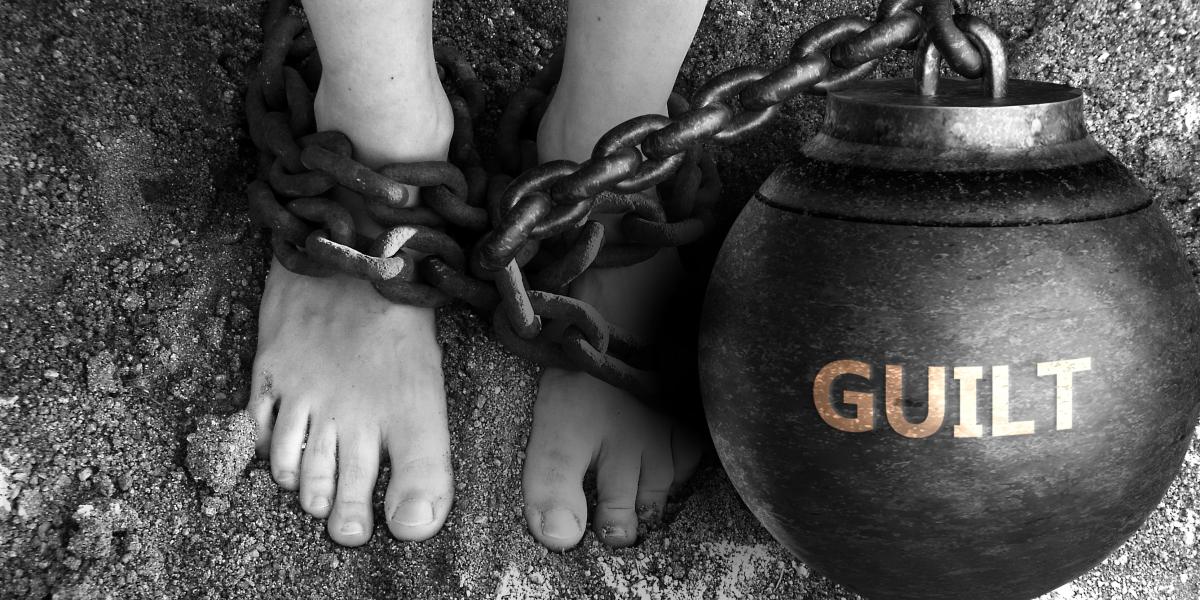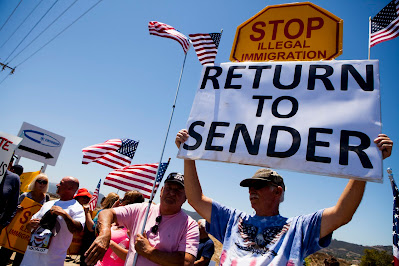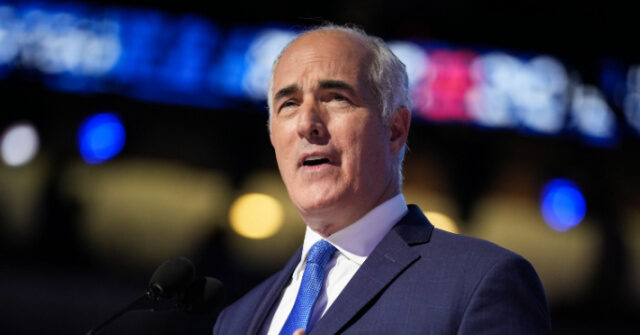
Much has been said about the role of slavery in the history of the United States, and while that history cannot be recounted in a brief article, it is important to clarify some of the ethical principles underpinning the institution of slavery in light of contemporary debates about reparations for slavery. A number of states have expressed an intention to pay slavery reparations. For example, the New York Times reports that,
Almost 200 years after slavery officially ended in New York, the City Council passed legislation Thursday authorizing a commission to study the devastating effects of human bondage and to develop a plan to make reparations for the harms caused.
In these debates, rather than confine ourselves to considering whether the states generously offering to pay reparations can even afford it—as the reparations bill from California alone is said to amount to $800 billion—it is also important to address the underlying ethical concerns.
Unethical and immoral
From a Rothbardian perspective, the reason why slavery is wrong is that it violates the principle of self-ownership. Self-ownership is a natural right vested in all human beings, from which it follows that no man can own another. In the Ethics of Liberty, Rothbard cites with approval the following quote from William Lloyd Garrison:
The right to enjoy liberty is inalienable…. Every man has a right to his own body—to the products of his own labor—to the protection of law…. That all these laws which are now in force, admitting the right of slavery, are, therefore, before God, utterly null and void…and therefore they ought instantly to be abrogated.
From the perspective of Roman law, Edgar Shumway explains that slavery was a legal institution founded in both the law of persons and the law of property: the slave was,
…an object of property and possession, alienable like other property…but the fact that the slave was a human being differentiated him from other objects of property, and assimilated his position in certain important respects to that of a descendant under parental power.
Clearly, examined in light of Rothbard’s principles of ethics, Roman law on this point is unethical and immoral. But it is one thing to pronounce that historic legal codes were “ethically unsatisfactory,” as Shumway puts it, and quite another to assert that something ought now to be done to cure and redress the historic wrong. This is where the “reparations” activists go astray.
Collective guilt
We can recognize that it was wrong for African slave-traders to round up their own kin and sell them into slavery, but does it follow that we should now demand that modern African states like Nigeria must atone for those historic crimes? Similarly, it was wrong for Arab pirates to raid the British Isles for centuries, seizing English, Cornish, and Irish people from their homes and selling them in North African slave markets, but does this mean modern North African states like Algeria and Tunisia should pay reparations to the UK?
As an ethical matter, the claim that people today should pay for historic crimes overlooks the basic moral principle that punishment for a crime can only be meted out upon the criminal himself, not upon his descendants. As David Gordon reminds us, “moral responsibility is individual rather than collective.”
In addition, utilitarian considerations may arise as to the feasibility of correcting historic wrongs by levying financial penalties on today’s taxpayers. Would taxpayers be asked to recompense all historic wrongs that have ever occurred in the history of the country? If not, how would it be decided which historical wrongs “deserve” reparations and which ones do not? Walter E. Williams pointed out that, “In addition to black Americans, the Irish, Italians, Jews, Puerto Ricans, Poles, Chinese, Japanese, Swedish, and most other ethnic groups have shared the experience of being discriminated against by one means or another.” To that we could add the experience of the South under Reconstruction. Lew Rockwell explains that, “After the War Between the States, the Union’s ‘Reconstruction’ tyrannized the South”—a grave injustice for which no restitution is being offered. No principled argument has been presented by reparations claimants as to why some ethnic groups deserve reparations but not others.
On the ethical question, one view sometimes put forward is that slavery is the “worst” historic injustice and, therefore, distinguishable from all other historic injustices. This is not a principled view, as slavery is not worse than murder—should victims of murder, regardless of their race, then not be entitled to reparations above victims of slavery?
Some people have tried to construct a hierarchy of evil based for example on the numbers who were victims of the crime or the longer-lasting legacies such as income and wealth gaps between different groups today. The problem with all these victimology measures of “who suffered the most” is that suffering is subjective and all comparisons of whose suffering was “worst” have no principled foundation. An ethical position should be based on sound moral principles, not by attempting to evaluate who suffered the “worst.”
Laurence Thomas’s analysis of “The Morally Obnoxious Comparisons of Evil: American Slavery and the Holocaust” illustrates what happens when such an attempt is made—all groups feel that the historic evil their group suffered has been belittled and derided. Rather than yielding a clear “winner” of the victimology stakes, it only serves to mire all groups even deeper in their own sense of grievance.
For these reasons, Murray Rothbard rejected the entire notion of collective guilt. In his essay “Guilt Sanctified,” he argued:
Now, the entire culture is characterized by massive collective guilt, and if anyone fails to give due public lip-service to a long list of solemnly avowed guilts, he is literally driven from public life. Guilt is everywhere, all-pervasive, and brought to us by the same scoundrels who once promised us easy liberation. A brief rundown: guilt for centuries of slavery, guilt for the oppression and rape of women, guilt for the Holocaust, guilt for the existence of the handicapped, guilt for eating and killing animals, guilt for being fat, guilt for not recycling your garbage, guilt for “desecrating the Earth.”
Rather than trying to assess who deserves money from taxpayers for their historic grievances and how much they should be paid, we should reject the entire premise and guard against falling into the traps of collective guilt and collective punishment.
Originally Posted at https://mises.org/






